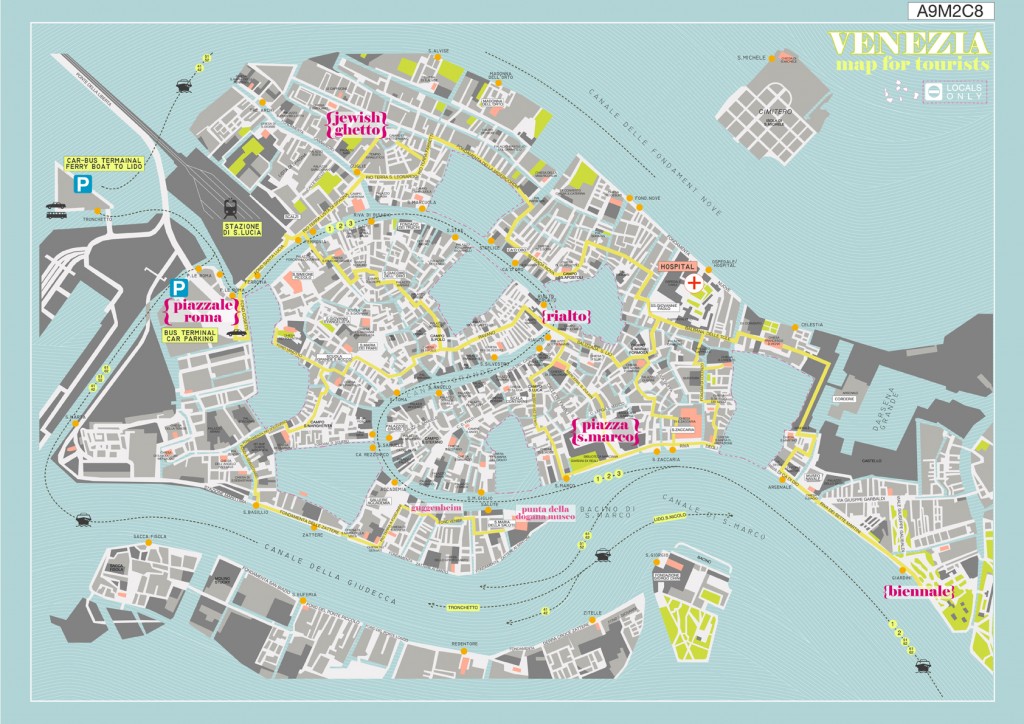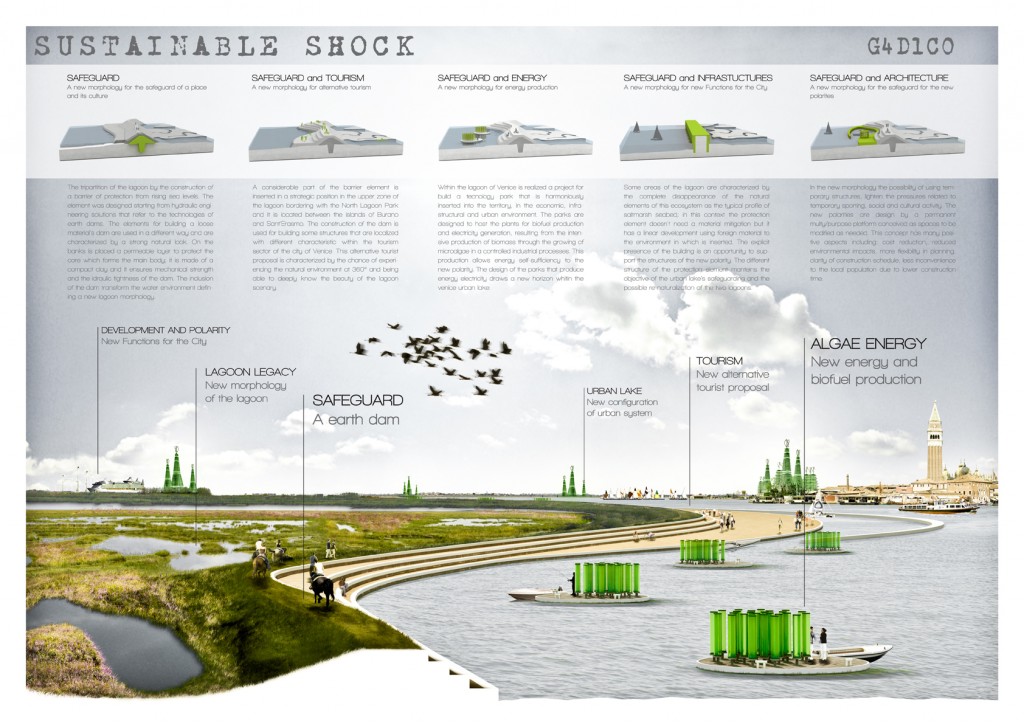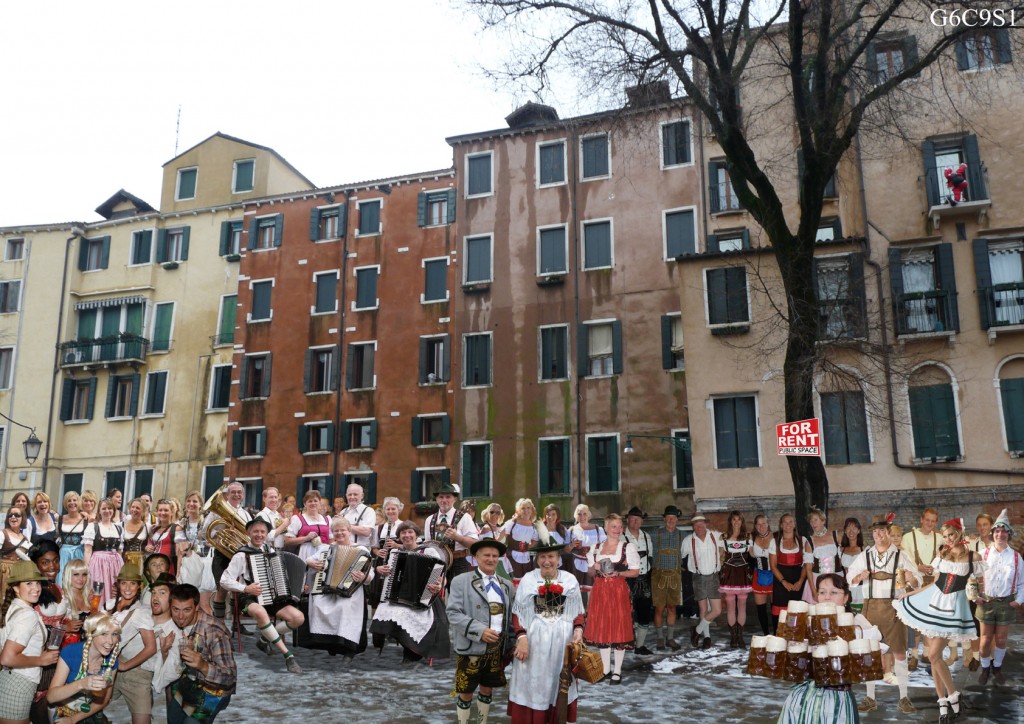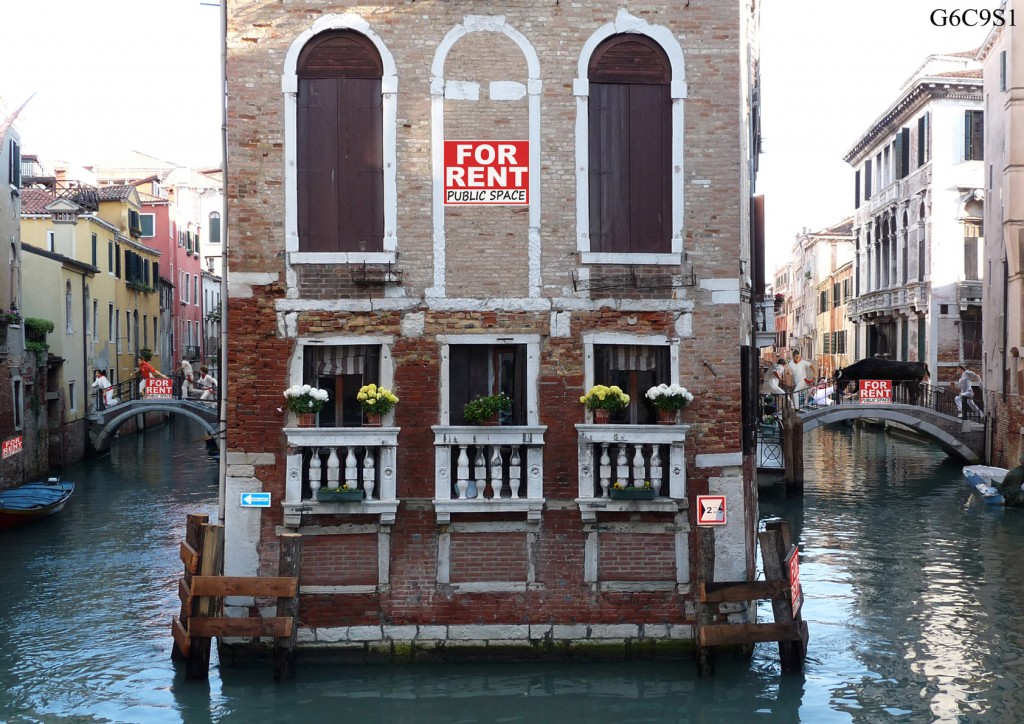Info:
Title: Venice for Rent - Code: G6C9S1Contest: Venice / 2011
By: R. Roncoroni
Views: 4471 Likes: 1
Votes:
BJARKE INGELS9 NERI OXMAN6 ELENA MANFERDINI4 MARIA LUDOVICA TRAMONTIN7 BOSTJAN VUGA107.2
Venice for Rent
After the economical and cultural crisis, the lack of money and the greed of some people brought Venice to its social and cultural decline. What remained of the city is just the vision and maybe the atmosphere, but even those became illusions for the people who live there. It has always been romanticised and now it is devoid of substance. Local people left their homes for more livable places, students cannot stand the city life for more than a few years and the nature of the tourist itself is not consistent. The city doesn’t have any local spirit anymore, but it cannot become global either if it doesn’t want to lose its charm. It is actually acting between. It is getting empty, it is dying. The city needs to change its nature, but how? Maybe before starting to rethink the city, there should be a break from this indefinite evolution, so that the municipality and residents can have more money and fresher ideas, but what to do during this period?
Well, Venice has traditionally been an open city where anybody who wanted to set up a new business was more than welcome. Now it could happen just the same, where the streets, the water channels, bridges and squares could be rented. Venice could lend its public space to whomever requests it. No more tourists, no more students, only private investors and moneymakers. Basically, Venice could be on rent.
A city needs to be attractive if it wants to survive from globalisation and loss of identity. The space is the only element that has remained more or less intact and this is what attracts visitors the most. It is an excellent place for weddings, movie sets, and TV shows. It is a unique place for festivals, fairs and religious ceremonies. The public space of the city could become an open air stage where anything is possible. Even traditional city festivals where the space has an important role would be duplicated inside the lagoon city.
Along with the Venetian Carnival other celebrations can take place. Pamplona’s San Fermin Festival, which has had so many problems with protestors, resulting in new restrictive laws being passed, could ask the city of Venice to lend its space to them. Its bulls and the thousands of visitors would race freely through the narrow streets and bridges of the city. Drinkers from all over the world could organise a replica of the Oktoberfest in the city, but in summer and then maybe enjoy the hangover in the Lido. Venice would be the only place in Europe where Indians would celebrate Holi in the streets. Also the Palio of Siena or the Las Fallas of Valencia would have a Venetian replica, and so many others.
The public space, with all those peculiar ways of showing itself in different forms, could change its purpose from a service of the city to a product of the city, without losing its public aspect. During this period of reflection, the owners will still be the citizens. The market will be the medium between them, which regulates the price and duration of this exceptional state of being.
After accepting the process, the Venetians waiting for a radical change would actively take part in the events. They might learn from the benefits of globalization, like the mix of cultures and the temporary welfare and maybe try to fuse the acquired knowledge with their remaining local culture. This could give the right input to get over the crisis and move on. Let’s just be brave!








